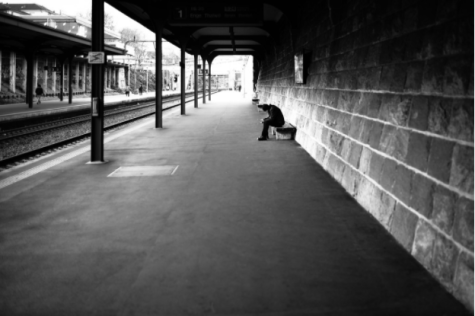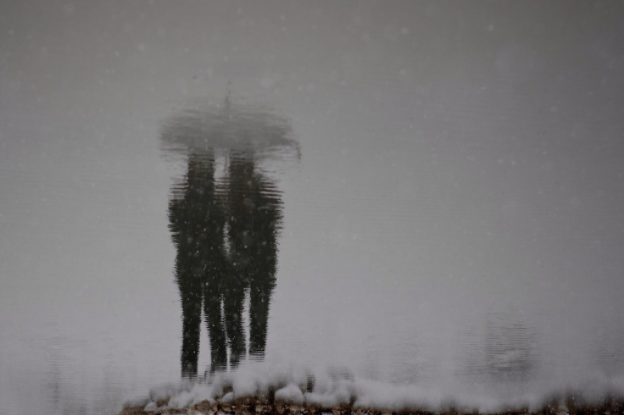The Impact of Seasonal Depression
October 28, 2021
Seasonal depression is something that is often thrown around, but what exactly is seasonal depression? Well, seasonal depression is a type of depression that is related to changes in seasons. Typically, symptoms with seasonal depression begin in the fall and continue all the way through winter. For some people with seasonal depression, their symptoms can even last all the way through spring or early summer.
Seasonal depression starts much like how depression starts, and it has nearly the exact same symptoms. Some include feeling depressed nearly all day, every day, losing interest or motivation in some of your most passionate hobbies and projects, having low energy, and losing sleep.
Sometimes referred to as winter depression, it is merely another type of depression. The only difference between seasonal depression and depression is that seasonal depression runs on a sort of schedule, with the symptoms of depression only starting during fall and lasting through winter, spring, or sometimes summer.
But why exactly does it happen? Well, most of it has to do with less sunlight. Less hours of sunlight can lead to a drop in serotonin levels and disrupt your body’s biological clock. Serotonin, a neurotransmitter, plays a vital role in how your brain processes emotions. A sudden drop in this chemical can trigger depression.
About 4 to 6 percent of people in the United States alone have seasonal depression, and about 20 percent of people may have a mild form of it. So, it wouldn’t be a shock if you too experienced it.
There are quite a few ways that you can tackle seasonal depression so that you can learn how to cope with something that most often goes unacknowledged. One way that you can ease your winter blues is by first getting diagnosed by your doctor. Since seasonal depression is a form of depression, it is important to get evaluated by a professional who can identify and confirm your suspicions. It can also help to prepare your mind for the fall by devoting time in your schedule to activities that will make you feel happier and healthier.
Light therapy can also improve your mood during these gloomy months. There are several options for sunlamps, and some are even sold at Bed Bath and Beyond. Since seasonal depression is correlated to the loss of sunlight in the winter, getting a lamp like this could greatly help your mental health.
Much like sunlamps, dawn simulators can also assist when you feel that the lack of light in these months is affecting your mood. Dawn simulators are a type of alarm clock, but instead of jolting you awake with loud beeping or music, it produces light that gradually increases. It imitates the sun, hence the name dawn simulator.
Social events can greatly improve your health all around. Staying social and keeping communication between your friends can help you keep on track. Consider going to a local park with your friends, or out to lunch on a weekend.
Depression is something that most people inevitably go through, so don’t feel the need to go through it alone. For more ways to ease your seasonal depression, visit this link.




